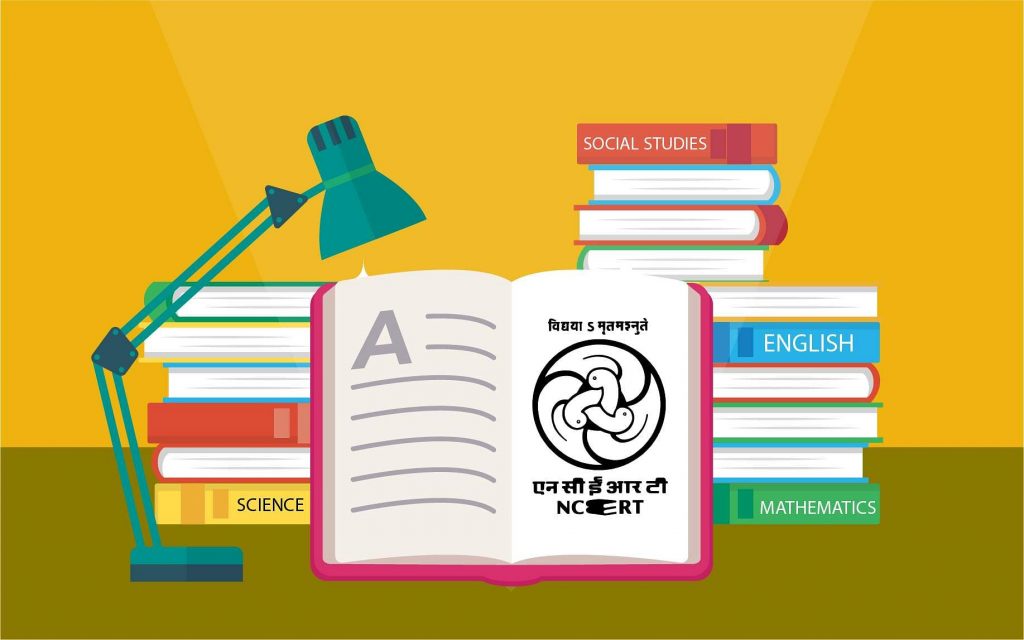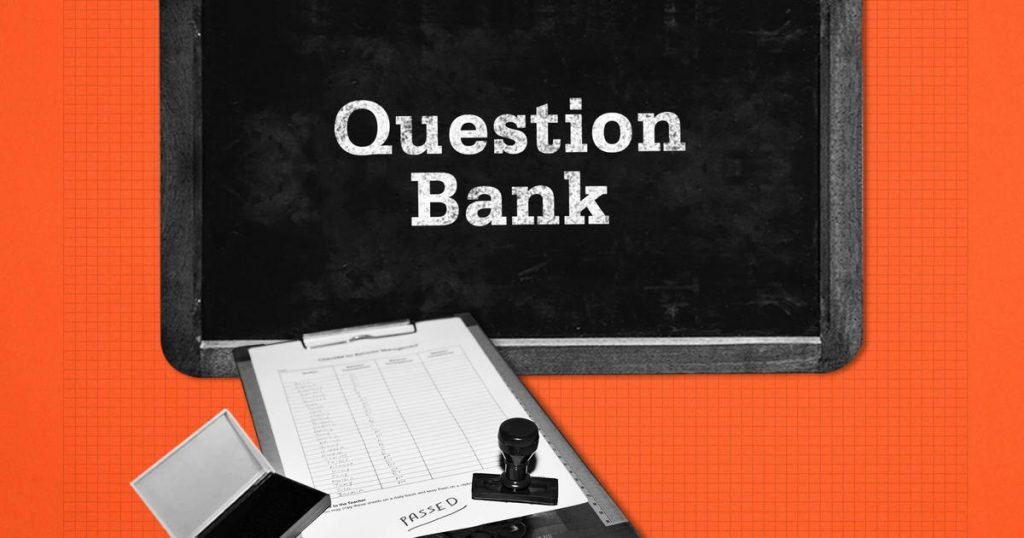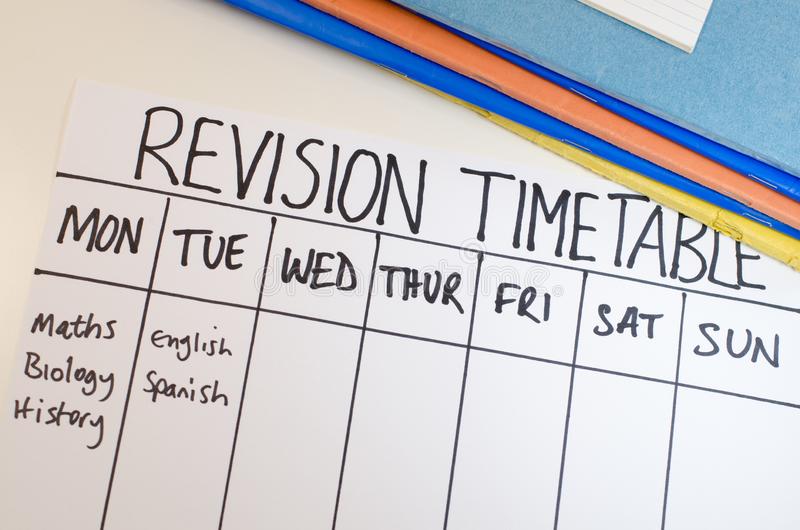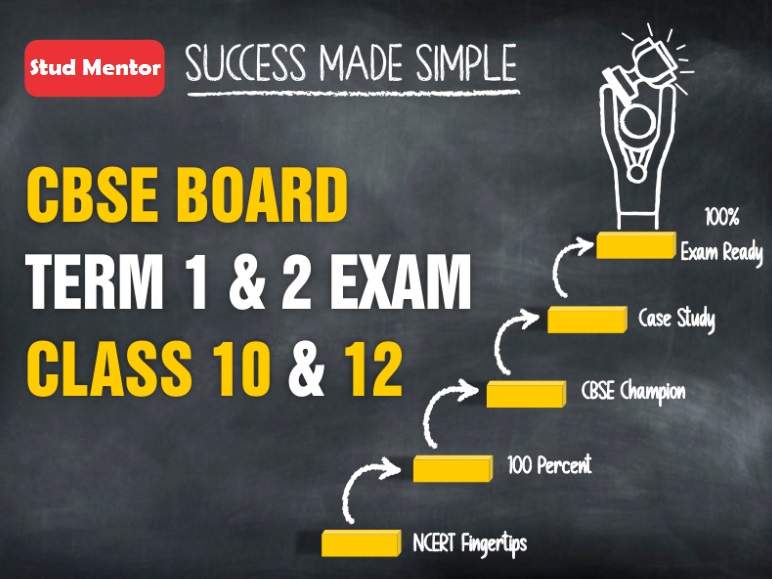This is one of the most asked questions by the students right now. The new pattern along with the reduced syllabus is creating excitement among the students. Some are happy because of the reduced syllabus, others are confused with the latest exam pattern introduced by CBSE this year.
Term 1 will be completely objective in nature, so you won’t need to show the working for the questions, which is a plus point for people with bad handwriting (like me, but I already took my exams in the past). But I would suggest keeping the rough sheet as clean as possible, because that will prevent silly mistakes. Also, the reduced syllabus makes it easier to score.
Since the pattern is different, the method of studying will also be different. Below are some tips that will help you out in preparing yourself for Term 1 exams.

- NCERT- your NCERT forms the base of each chapter. Read each and every line of the chapter, because you never know questions from which line may be asked in the exam. Underline the important points and make short questions wherever necessary. Making short questions will help you understand the chapter better. Make a separate notebook where you write down all the important points of each chapter. This will help you during the final revision.

- Question bank- A book that will help your preparation sky-rocket is Educart question bank. Educart question banks have a variety of good quality questions. They have all types of questions you might need for Term 1 as well as Term 2 exams. MCQs, case-based questions, assertion-reason type questions, short answer type questions, long answer type questions, etc. are some of the different types of questions present in the books. All the questions have detailed and well-explained solutions to help you figure out the place where you went wrong in solving the question. More than 50% of the book is MCQ-based, so you get to practice as many types of questions as possible. By the time you finish doing the questions, you will have practiced almost every kind of question that could possibly be asked from the chapters.

- Past year questions- it goes without saying that PYQs are important for board exams. And since the syllabus is less this time, they become even more important. After each chapter you complete from the NCERT, pick up the Educart question bank and start solving the PYQs from it. For Term 1, solve only the MCQs. Mark the difficult questions to revise before the exam. Get your doubts cleared from your teachers, and you are good to go. You can even refer to the explanations available online if you know how not to get carried away by the internet.

- Sample papers-Solve at least one sample every week after completing your syllabus to fall into the habit of sitting for long for taking exams. Educart sample papers also have the past 10 years’ question and answer sheets of the toppers’ from the respective years. So you can compare your answers with the toppers’ ones, and understand how they write and represent their answers in the exam. Trust me, the answer sheets help a lot in finding the difference between our own answers and the toppers. And this in turn helps us better our own answers.

- Revisions- learning a chapter once is not enough. You need to revise to be able to recall it at a later stage, especially during the exams. Make sure you revise the entire syllabus at least 3-4 times to be able to recall everything you learned. Schedule your studies in such a way that a minimum of 3 revisions has to be done compulsorily. These revisions will include all the theory, the questions you found difficult in NCERT and in the Educart question banks.

- Timetable- make a monthly and weekly timetable dividing the entire syllabus in the time you have left before your Term 1 exams. Make time every week for the sample papers too. Try to divide the timetable further into a daily basis, making a short goal you need to complete everyday. This will reduce a load of syllabus you have every month.
Lastly, it will depend on the quality of self study that you will be doing that will make or break your result. No matter how good your school teachers, or even coaching teachers teach, if you do not read the material provided by yourself then everything is useless.
All the best!


